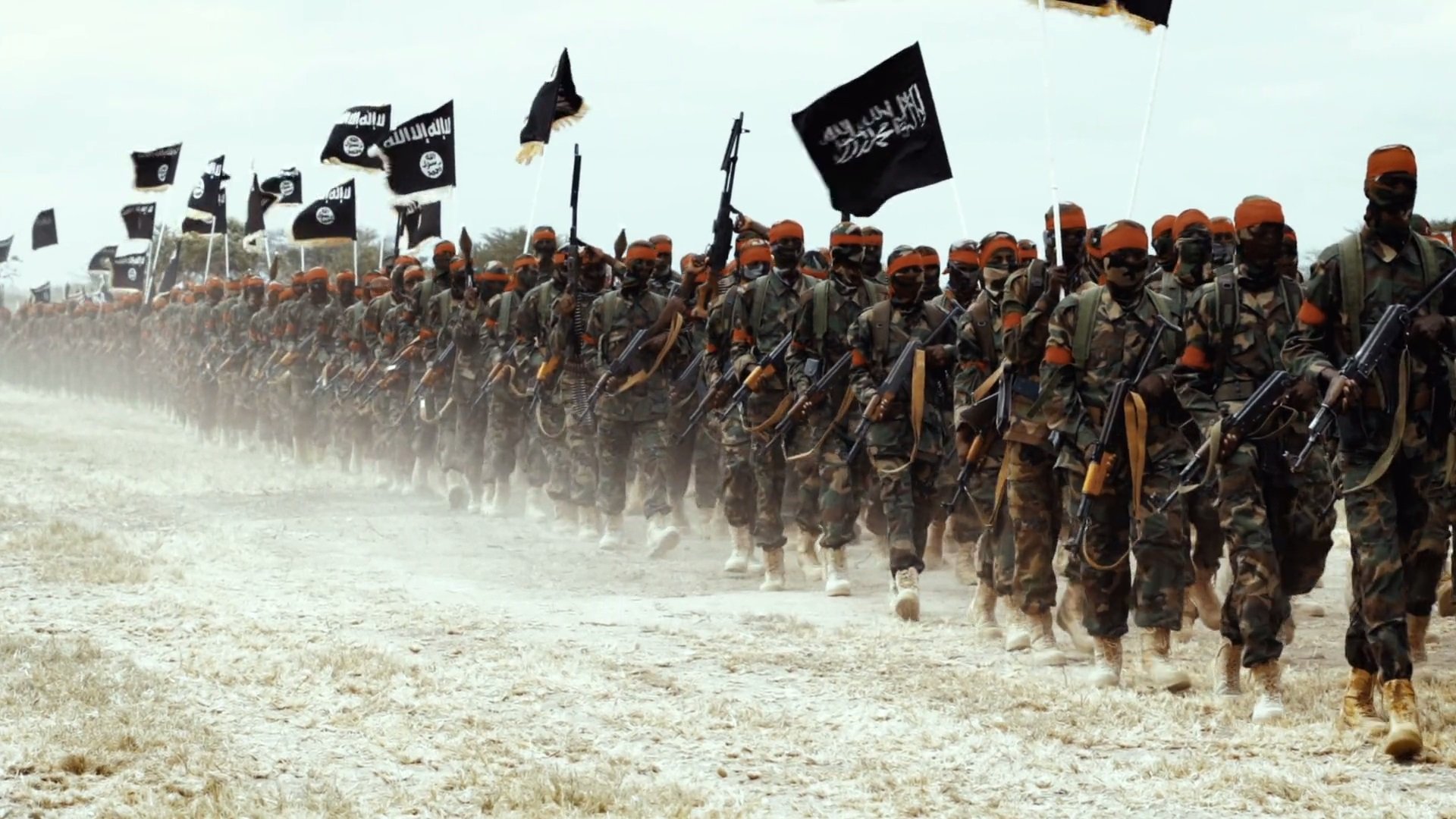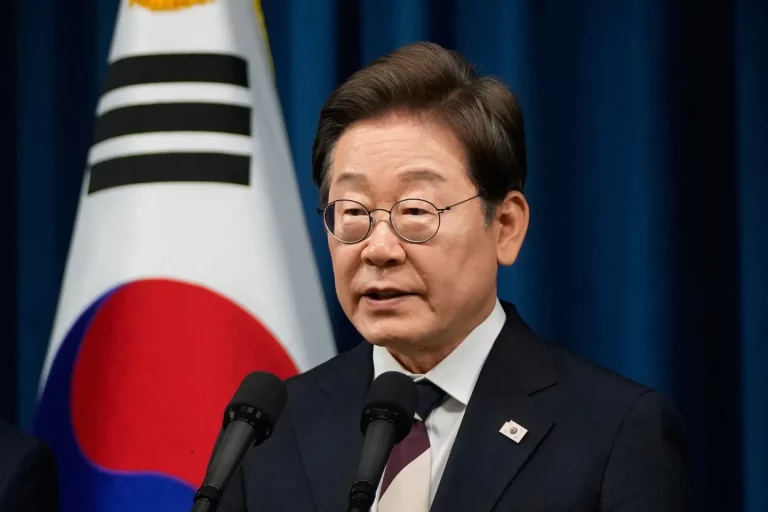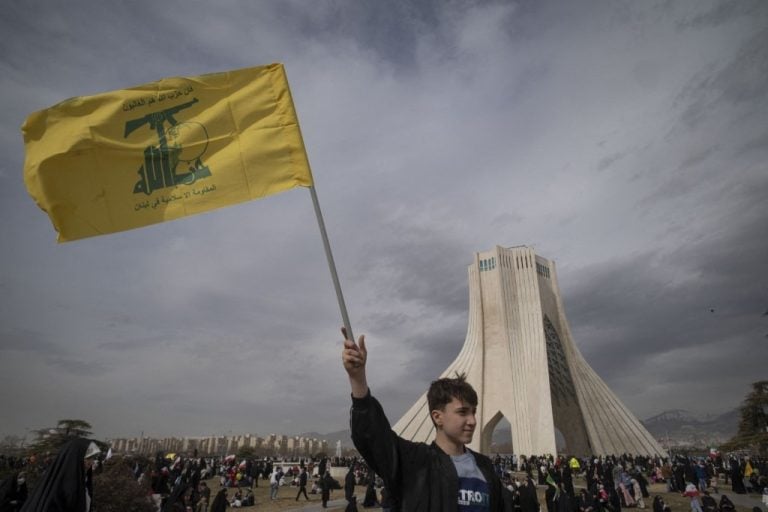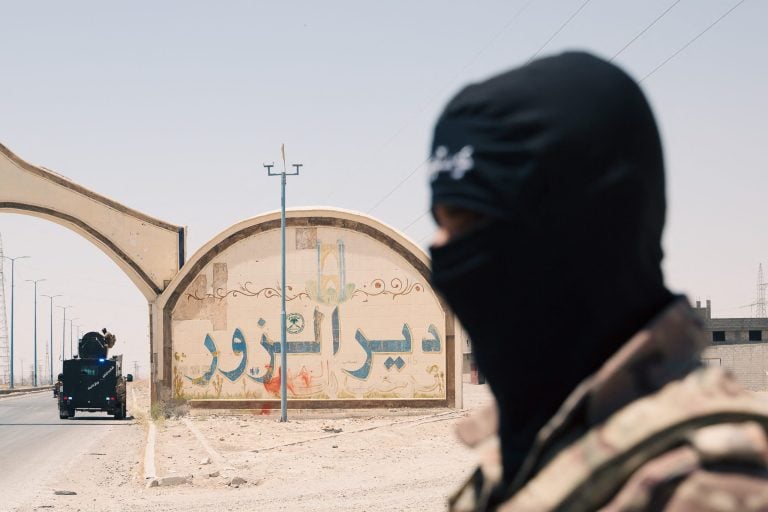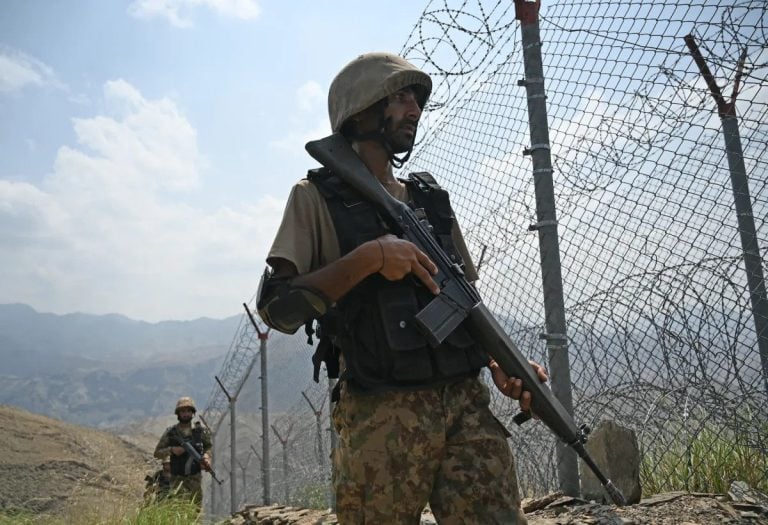Recent clashes in Somalia’s semi-autonomous Jubaland region have raised significant concerns among experts, highlighting vulnerabilities in the country’s federal structure and potentially allowing the extremist group Al-Shabaab to expand its influence. Somalia operates as a loose federation comprising five semi-autonomous states—Puntland, Jubaland, Galmudug, Hirshabelle, and South West—each often at odds with the central government located in Mogadishu.
As the nation prepares for elections next year, there has been an attempt by the Somali government to tighten its grip over these regions. This has inadvertently created opportunities for Al-Shabaab to penetrate and exploit the situation. In a recent string of violence, two Somali soldiers lost their lives in confrontations between pro-government forces and Jubaland loyalists, following calls for mobilization from both sides. Earlier, five soldiers had died in July, indicating the escalating conflict.
Since the mid-2000s, Somalia has been engaged in an enduring battle with Al-Shabaab, a group linked to Al-Qaeda, which has seen fluctuating fortunes over the years. Recently, the group has successfully recaptured significant territory. Samira Gaid, a security analyst, noted that shifting the focus from combating Al-Shabaab to political maneuvering has resulted in losses on the battlefield. According to her, this power struggle has turned into a recruitment opportunity for the insurgent group.
The ongoing violence has exposed the inherent weaknesses within Somalia’s federal governance. Omar Mahmood, a senior analyst at the International Crisis Group, described the lack of sufficient political consensus at the genesis of the Somali federal government in 2012 as a catalyst for the ongoing tensions and conflicts within its framework.
Relations between Jubaland and Mogadishu soured last year after Ahmed Madobe, who has been in power since 2012, was re-elected for a third term in a vote the central government deemed “unlawful.” This led to an arrest warrant being issued against him, with Madobe currently operating from Kismayo, the de facto capital of Jubaland. Mahmood emphasized that the political dynamics are intensifying as elections approach, particularly in the Gedo region, which is crucial for both Madobe and Somali President Hassan Sheikh Mohamud, as control of this area can influence the electoral process.
In a recent move, President Mohamud appointed Abdirashid Hassan Abdinur, also known as Janan, as head of security operations in Jubaland. Janan, a former security minister under Madobe, has previously faced accusations from the United Nations concerning human rights violations. Following the latest clashes, he declared a takeover of the strategic border town of Beled Hawo, announcing the formation of a new administration in the region.
The violence has wrought devastation on the civilian population, with official reports stating that clashes in Gedo have displaced 38,000 people internally and forced 10,200 to flee to Kenya since June.
Clan dynamics play a significant role in the unfolding crisis. Gaid pointed out that the clan residing in the Gedo area has generally remained politically opposed to Madobe’s leadership, feeling marginalized. This division could be perceived by the federal government as a potential means to challenge Madobe. However, there is fragmentation within the opposition, and the federal government lacks widespread support.
Mohamed Jumale, a traditional elder in Jubaland, expressed skepticism about the central government’s efforts. He asserted that attempts to annex Gedo from Jubaland will ultimately fail, highlighting the complexities of tribal loyalties and political affiliations that complicate the situation further.
